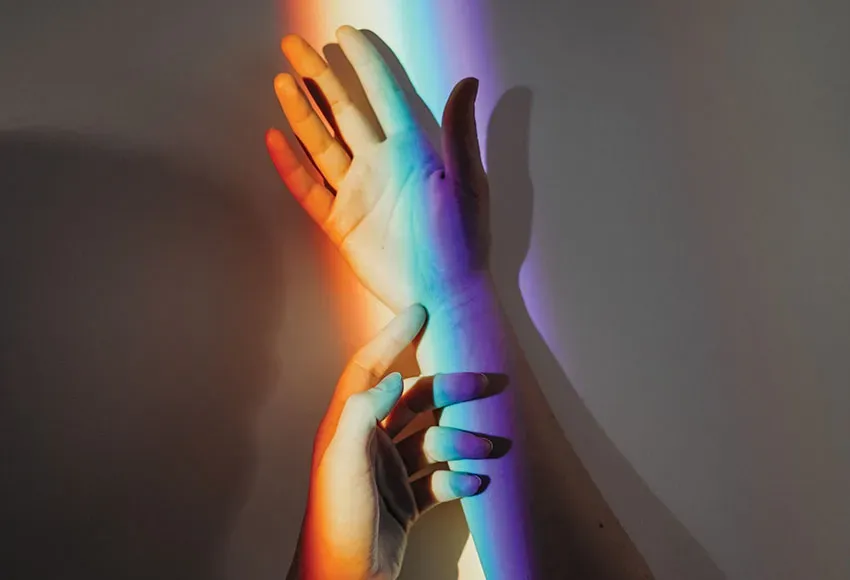Considering the increasing sense of Queer community I have felt in recent years, I wasn't surprised to read Gallup's new data that around 21% of adults in Gen Z identify as LGBT+. Indeed, we are living in an increasingly Queer world.
At the beginning of my Queer journey, I worried about finding community and comfort. Being any type of "other" on top of the social isolation I had been battling in previous years was scary. The further I ventured out of the proverbial closet though, the more support I received. Coming out was hard, but being out has led to liberated and dynamic expression. In fact, I would argue that, in its purest form, queerness today is about radical fluidity.
When I first came out about six years ago, I felt constantly tempted to jump from one label to the next, hoping to have something that would always tell me who I was. I suspect most people in the Queer community can relate. Having recently come to terms with my asexuality – something I had known for some time but struggled to accept – I have realized all over again that navigating identity today can be terrifying.
The ubiquity of social media means that we are constantly being monitored, a frightening reality for someone who is only beginning to explore who they are and question what the world has told them about happiness. There is constant pressure to label yourself, not for your own peace but for others to understand and categorize you more easily.
From my Ace perspective, Queer experiences begin with a question of the self but evolve into a questioning of social conditioning. Social and cultural forces tell us from childhood what ought to make us happy and what ought to make us whole; Queer experiences begin when we have the courage to challenge these assumptions.
Sexuality today is a focal point of Western society, and is considered an essential aspect of our identities – that is, sex isn't just something you do, it's a part of who you are. Considering this, self-exploration can be especially daunting when we try to unpack our queerness. Questioning identity in these circumstances is scary enough, and not having a label (i.e., not having an answer about who you are) can feel so much worse.
I believe, however, that this shift from rigid labels to granting ourselves fluid changes of expression is the essence of Queer strength and community.
To be Queer today is simply to let go and allow ourselves to move freely through different identities, depending on where we are in life. Often we are not taught to exist for ourselves, but releasing ourselves from certain labels – or even all labels – is the first step in reclaiming our power and existing for our own sake.
Queerness is a journey inward with no end, a surrender to change, and the prioritization of honesty and presence over conformity, realizing that queerness is a process of unlearning and unbecoming everything that we are not. To be Queer today is to return to our purest forms... to remember who we were before the world got its hands on us, and ultimately arrive at radical, ever-changing love.
Queerness and radical fluidity: Reflecting on what it means to be Queer today
Share this Post:


